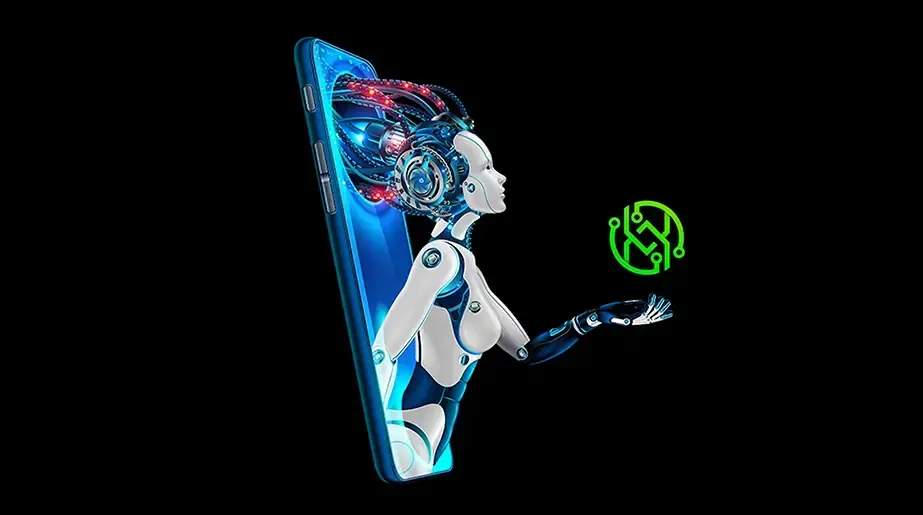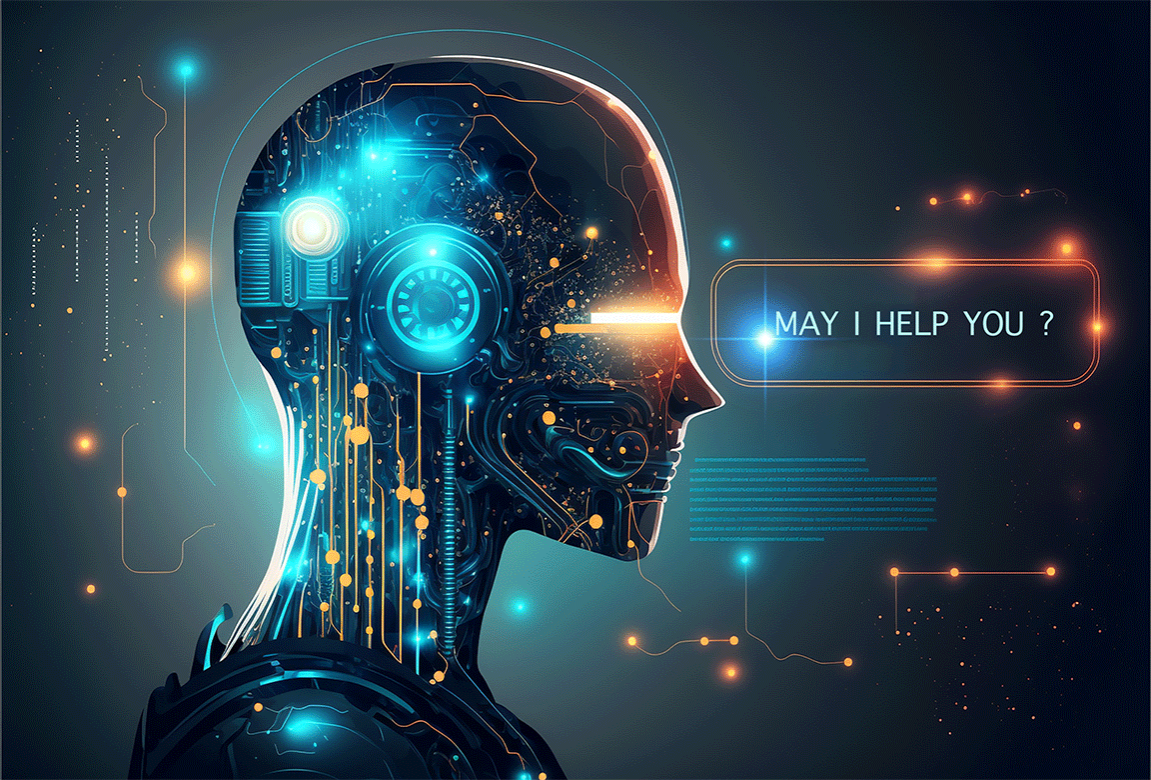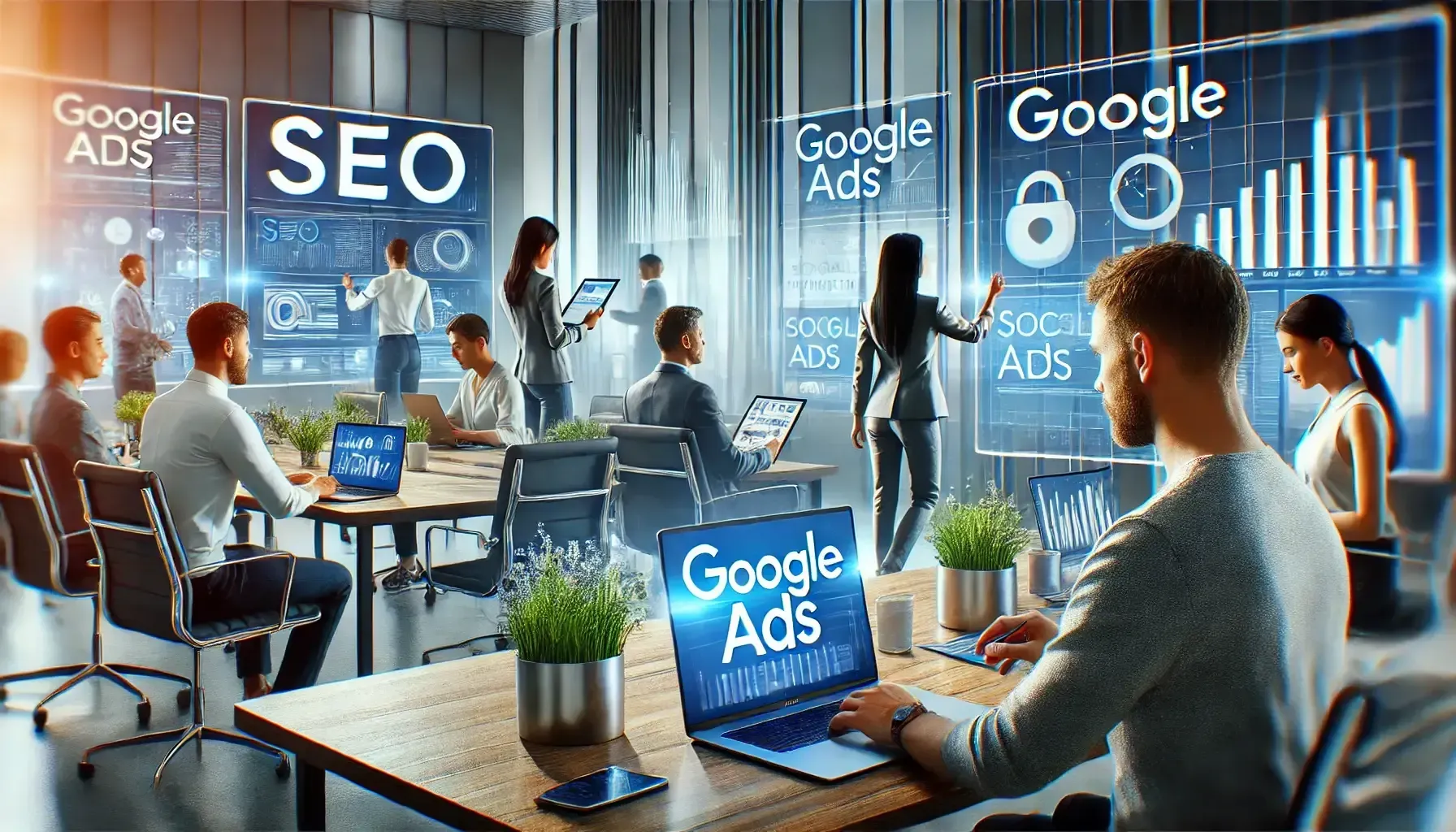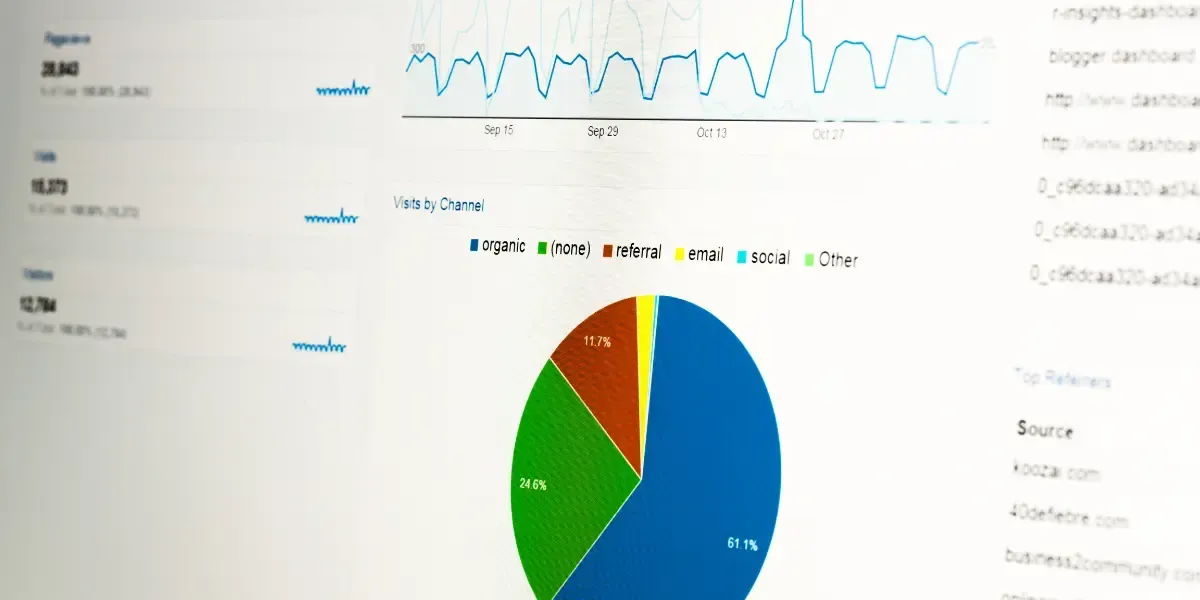How Has Bing Improved With Ai And Machine Learning

The internet is constantly evolving, and search engine companies are racing to out-innovate each other. Bing, however, has surged ahead of the pack with their latest offering, the AI language model Chat GPT. By leveraging this cutting-edge technology, Bing can better understand and cater to their users’ needs, delivering an efficient and personal search experience.
Listen to this article
But how exactly does Bing’s use of artificial intelligence and machine learning improve the search experience, and what benefits does it provide users? This article will dive deep into these questions, exploring how Bing uses Chat GPT to elevate its game and compete with the likes of Google Search.
What’s the Link Between Search Engines and AI?
AI has become a buzzword that’s been popping up everywhere regarding search engines. But what exactly is AI, and how does it relate to how we search for information online? The link between search engines and AI is that AI technology is being used to enhance search engines’ capabilities, making them more accurate and personalised for users.
By incorporating natural language processing and machine learning algorithms, search engines can better understand the context and intent behind search queries, providing more relevant and helpful results. Both Google and Bing have been incorporating AI technologies into their platforms to provide users with more accurate and personalised search results.
Bing’s Chat GPT and Google’s BERT are examples of AI-powered tools revolutionising the search engine industry. AI is set to play an increasingly important role in the future of search as technology continues to evolve. We expect to see more AI-powered tools, such as ChatGPT 4, further improving the search experience.
The Technology Behind AI and Machine Learning
One of the latest AI technologies that Google has introduced is BERT (Bidirectional Encoder Representations from Transformers). BERT is a machine learning algorithm that can better understand the context and meaning of search queries, providing more accurate and relevant search results. With BERT, Google can better understand the intent behind long-tail keywords and deliver more precise search results.
As Google continues to innovate and enhance its search engine capabilities, it has been exploring various AI technologies. Among these technologies is Google BARD, which competes with Chat GPT, another model that leverages the strengths of human and machine learning to optimise search results. With BARD, Google can improve its natural language understanding and provide users with more personalised and accurate search results.
On the other hand, Bing has also been incorporating AI and machine learning technologies into its search platform. Bing has been using machine learning algorithms to analyse user behaviour and search patterns to deliver more relevant and personalised search results. Bing also uses AI to provide predictive suggestions based on a user’s search query, making finding what they’re looking for easier and faster.

Bing’s AI technology also powers its image search feature, allowing it to recognise and analyse the content of images to provide more accurate and relevant search results. With Bing’s image search, users can filter images by size, colour, style and even facial expressions. AI and machine learning technologies have revolutionised the search engine industry, providing users with more personalised and efficient search results. With Google’s BERT and BARD, and Bing’s AI solutions, users can expect a more intuitive and relevant search experience in the future.
User Experience Improvements on Bing
Searching for information online can be tedious and frustrating, especially if you’re sifting through irrelevant results. Bing, however, has taken a different approach to search engine technology by investing heavily in AI and machine learning to improve user experience.
One of Bing’s most exciting AI-powered features is Chat GPT. This sophisticated chatbot uses natural language processing and machine learning to generate human-like responses to text-based conversations. By learning from user behaviour and search patterns, Chat GPT can provide more intuitive and personalised search results, saving users time and hassle.
Bing’s commitment to AI has already yielded impressive results. The integration of Chat GPT has led to a significant increase in user satisfaction and engagement, with a 10-15% boost in click-through rates. It’s no wonder why Bing is seen as a leading innovator in the search engine industry.
Current Limitations of AI in Search Engines
Developing AI and machine learning in search engines is an ongoing process with challenges and limitations that must be overcome. Despite these obstacles, search engine companies continue to invest in these technologies to enhance the user experience.
One of the challenges is the quality of data used by these models, which can result in inaccurate search results. However, with AI and machine learning advancements, search engines are better at understanding user intent and delivering more relevant and personalised search results.
Another challenge is the complexity of language models, which can struggle with understanding nuances in language and context. However, ongoing improvements and updates to these models address these issues, resulting in more accurate and appropriate responses to user queries.
Transparency is another limitation of AI and machine learning in search engines, but companies are working to provide more visibility into how these models operate to build trust with users.
Is AI the Future of Search?
Looking to the future, AI and machine learning technologies are set to play an even bigger role in search engine development. As these technologies advance, search engines will become even more intuitive, providing users with increasingly personalised and accurate search results.
Additionally, natural language processing and voice search are likely to become more prevalent, allowing users to search more efficiently and effectively. As search engine companies work to address the challenges and limitations of AI and machine learning, we can expect the search experience to become even more seamless and user-friendly.
FAQ
How is Bing continuing to improve Chat GPT?
Bing continuously improves Chat GPT by releasing new versions with enhanced capabilities, such as Chat GPT-3. The company is also focused on improving the data quality used to train the model, refining its language understanding capabilities, and expanding its knowledge graph to improve its responses.
What’s the difference between Chat GPT and Google Bard?
Google Bard and ChatGPT use natural language models, but Google Bard uses Google’s internal LaMDA technology, while ChatGPT uses the older GPT-3 model. Bard uses more recent data for its responses, while ChatGPT is primarily trained on data from before 2021.
Digital Blog












